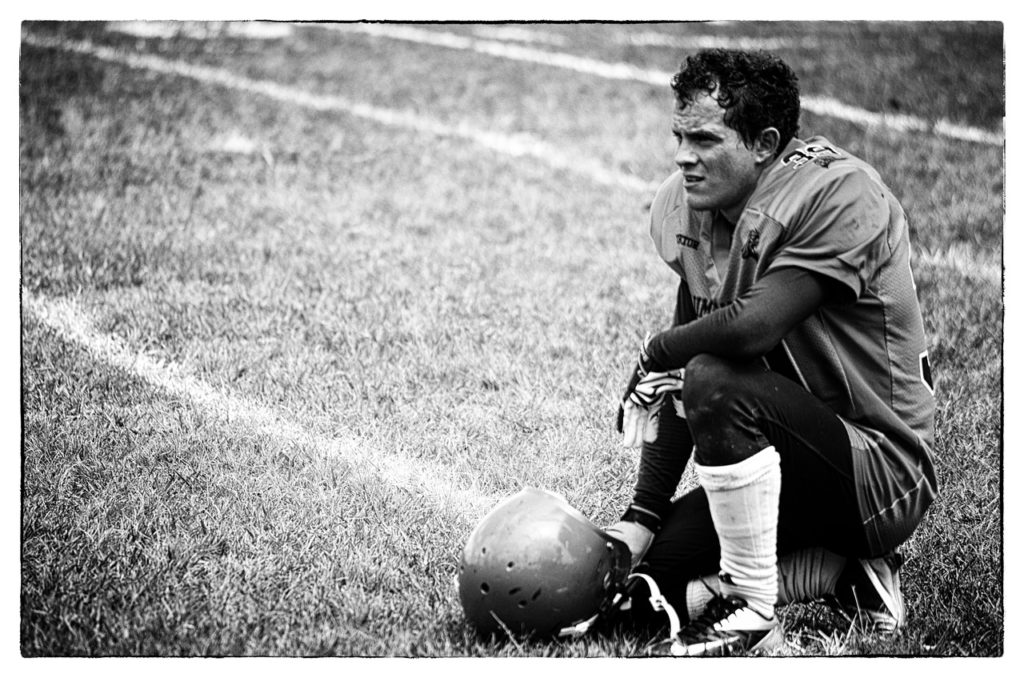I was waiting in line for the bathroom at Interurban, one of our favorite Saturday hangouts in Portland. Ignoring my inner disciplined voice that tells me to stay off email on the weekends, I took a “quick glance” at my inbox on my iPhone.
I cringed as I saw numerous emails from the subscribers of my list who had received a message from me that wasn’t intended for them.
How did this happen? While attempting to fix a small glitch, my email provider had compounded the error by sending an unauthorized email to a third of my readership (nearly 400 people) about my consulting service for lawyers. These readers had never signed up for that service or expressed any sort of interest in it (most of them weren’t even lawyers!).
This mishap was particularly aggravating since I try to put care into every digital interaction I have with my readers. Now they were getting spam from me.
I briskly walked—no ran—home to write an apology email. I spent the next few hours trying to mitigate the damage and replying to readers who were rightfully miffed about receiving the message. I went to bed but woke up at 2 am, marching back to my laptop for further damage control.
You see, my imagination is really strong—in the sense that I’m terrific at conjuring up worst-case scenarios and believing them all to be true. I imagined droves of readers hitting the “unsubscribe” button and all of my efforts over the past year to build my readership evaporating. (As I write these words, I’m realizing how ridiculous this all sounds, but bear with me).
I often tell others in moments of distress to heed Seneca’s advice: We suffer more in imagination than in reality. But as I tried to play therapist to myself, those words rang hollow. The shoemaker had no shoes.
They say exhaustion can trigger creativity. Staring bleary-eyed at my inbox, a discussion from Austin Kleon’s terrific book, Show Your Work, sprang to my mind.
The word “amateur,” as Kleon explains, means “lover” in French. Not lover in the sexual sense, but as in someone who pursues her work in the spirit of love, regardless of career potential.
This was me. An amateur. Someone who wrote about contrarian thinking and conducted Famous Failures interviews with little clue about whether this all might go some place.
Kleon goes on to write, “Amateurs are not afraid to make mistakes or look ridiculous in public.”
Now this part is bullshit. Of course I care about looking ridiculous in public. Most people who’ve shared their craft with the world would be lying through their teeth if they told you otherwise.
But there’s a kernel of truth in Kleon’s statement.
Mistakes are part of the amateur’s journey. As an amateur, you’ll screw up, you’ll look ridiculous, and you’ll secretly wish you had never ventured off the beaten path in the first place.
You’ll fear failure, you’ll fear looking foolish, you’ll fear being misunderstood, you’ll fear violating the expectations of the tribe, you’ll fear being accused of “selling out,” you’ll fear that people will point and say “You’re no good.”
You’ll even fear success and the responsibilities that it might bring.
The key is to hang on. The difference between those who cross the chasm from amateur to pro is their determination to keep on truckin’ regardless of the inevitable failures that loom ahead.
But what do I know?
I’m still an amateur.



